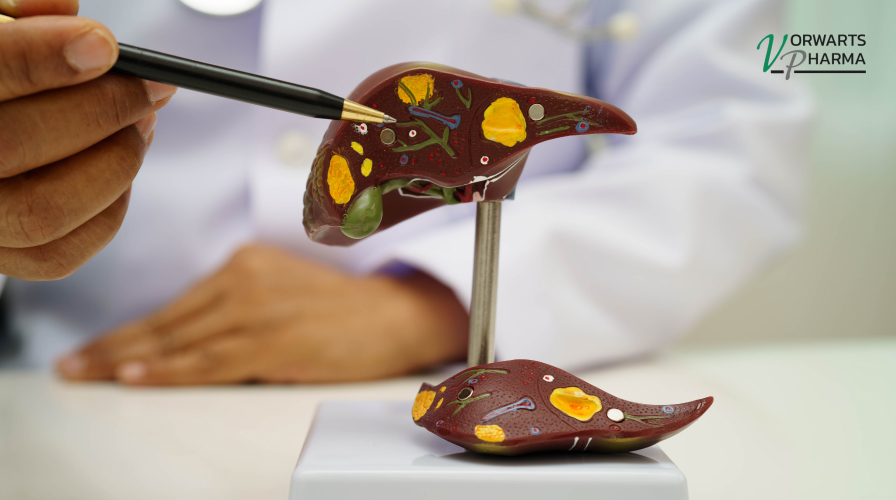
Fatty liver disease is one of the most common diagnoses in recent years. The condition develops when liver cells begin to accumulate fat, gradually impairing its function. The causes vary — from diet and sedentary lifestyle to heredity and viral infections. In this article, we will review the main risk factors, early symptoms, methods of diagnosis and prevention of fatty liver disease, as well as a product containing substances that help support normal liver function.
Doctors note that fatty liver disease can have multiple origins:
In the early stages, the condition may progress without obvious symptoms. As it advances, however, warning signs may appear:
Important: these symptoms can also be typical of other liver diseases, so self-diagnosis is not recommended.

To confirm the diagnosis, doctors use modern methods:
Preventing fatty liver disease is easier than treating it. Specialists recommend:
Even if you already have risk factors, lifestyle changes can significantly reduce the burden on your liver and prevent complications.
Fatty liver disease develops gradually and may remain unnoticed for a long time. The earlier it is diagnosed and lifestyle adjustments are made, the higher the chances of preserving liver health.
Take care of yourself and have regular check-ups.
Learn more about body support and liver health on the Vorwarts Pharma.

VORWARTSPHARMA © 2025